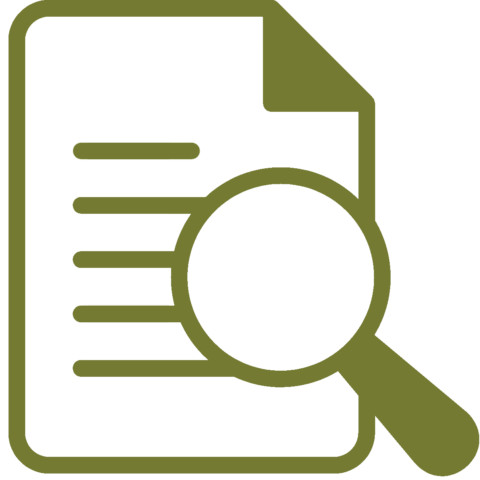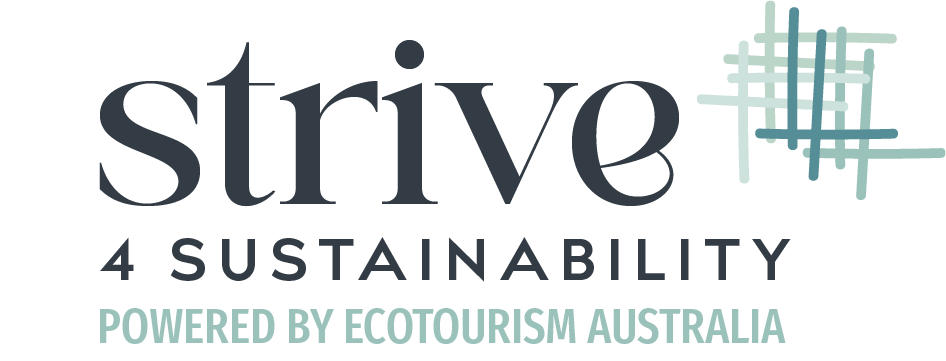
Balloon ride operator

Byron Bay, the Hunter Valley, Mudgee and Camden – NSW | Burketown (Moungibi) – QLD
In 1980, a group of adventurous travellers boarded Australia’s very first passenger balloon ride, marvelling at views of New South Wales’ incredible landscapes like nobody had seen them before. That ride was operated by Balloon Aloft, and they haven’t stopped creating memorable experiences since.
As trailblazers in adventure tours, Balloon Aloft is now also the first balloon ride operator to complete Ecotourism Australia’s Strive 4 Sustainability Scorecard.
“At Balloon Aloft we recognize that sustainable tourism is essential for the future of our planet so we are committed to preserving the environment and promoting sustainability through a range of initiatives,” stated Balloon Aloft Marketing Manager, Michelle Wills.
Relying on Australia’s pristine natural landscapes when curating experiences, they make it their responsibility to ensure their operations are as sustainable as possible to protect the local environment, community, and cultures.
Taking the Strive 4 Sustainability Scorecard allowed the team to take a deeper look into how well they were addressing the four pillars of sustainability and was an approachable sustainability assessment before progressing to global best practice sustainability standards through one of Ecotourism Australia’s certification programs.
Wills stated, “We have been interested in applying for Ecotourism Australia certification for a number of years as part of our commitment to sustainability. We saw the scorecard program as the first step in our aim to achieving this.”
The team discovered a lot to celebrate in their scorecard report, which became a detailed account of their achievements in striving for a more sustainable future.
Balloon Aloft’s partnership with Greenfleet means they offset all carbon emissions from their activities, including each ticket that’s purchased with them. At their on-ground head office and balloon storage location in the Hunter Valley, the company are using an 8.4 kW solar grid system to further reduce emissions made by day-to-day operations.
The company is entirely reliant on collected rainwater which they use for cleaning, drinking, and even store for firefighters if the area is affected by bushfires. They are proud Sea Shepherd Ambassadors too and nurture their surrounding ecosystems by planting native trees and removing non-native plant species on their 50-acre property.
Wills said, “The insights produced by our report were incredibly helpful and reinforced that we were on the right track with our sustainability and environmental management programs. It also allowed us to see where we had room to improve moving forwards and motivated our whole team to do even better with our sustainability efforts.”
But sustainability is a journey, and there are always more avenues to explore.
“The process of addressing each criteria was a good way of reviewing all our sustainability goals and checking these against our results,” stated Wills. “It also gave us further ideas as to how we can continue to refine our existing measurement and review practices so that we can continue to improve our sustainability processes in the future.”
Wills also noted that Ecotourism Australia’s online portal made completing each criteria simple and straight-forward, giving them confidence that they were on the right track. “Throughout the submission process, we were able to click through to get tips on best practices as well as guidance on what should be included in each section.”
Thanks to Ecotourism Australia’s partnership with Big Red Group and the Australian Tourism Data Warehouse (ATDW), Balloon Aloft can be found proudly displaying their Strive 4 Sustainability Scorecard. Check out their sustainability page to learn more about how they strive for tourism sustainability: https://balloonaloft.com/sustainability/
Balloon Aloft completed their Strive 4 Sustainability Scorecard on 10 July 2023 and is a snapshot of their current sustainability practices. The scorecard is not a certification and is valid for 12 months upon completion.
- Introduce a balanced structure of member-elected Directors (maximum 5) and Board-appointed Directors (maximum 4)
- Update Director terms from 2 years to 3 years, with a maximum of two terms (6 years total)
- Meet current regulatory requirements for a Company Limited by Guarantee
- Be modernised and contemporary to meet Ecotourism Australia’s strategic imperatives and our objectives
- Provide a streamlined and concise governance framework.

